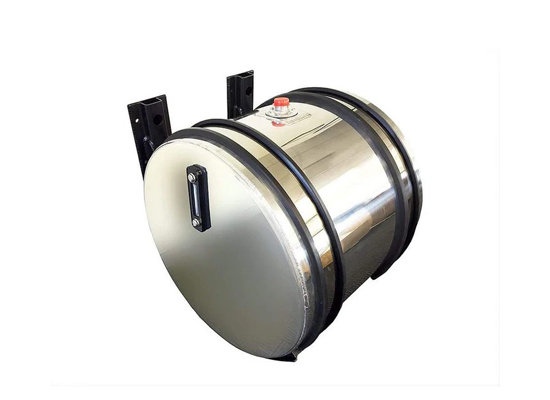Sep 12, 2025
Excavators, bulldozers, and railway car coupling buffers have something in common:
They all use hydraulic systems
A hydraulic system outputs force by pressurizing hydraulic oil or other fluids, driving the machine to perform work. Pressure is generated by the pump and motor assembly, distributed, and then directed into the actuators. After completing the work, the hydraulic oil flows back to the reservoir through the return line, where it is cooled and filtered. Therefore, a hydraulic system is a closed-loop system.
Let's quickly review the five main components of a hydraulic system:
Reservoir
The reservoir is not just for storing hydraulic oil—it also serves other purposes:
Heat dissipation
Sedimentation of impurities and air bubbles
Ensuring continuous oil supply for the pump
Allowing solid contaminants to settle

Pump
The pump is the pressurizing device. There are piston pumps, vane pumps, and gear pumps. It draws oil from the reservoir and converts mechanical energy into hydraulic energy, which then enters the main circuit.
Generally installed at the pump outlet, and also at certain branch circuit inlets where lower pressure is required. This component ensures that if the hydraulic oil pressure exceeds a specified level, the excess oil will return to the reservoir and remain there until the pressure decreases.
Valves
There are many types of hydraulic valves, and most machines are equipped with several. Their main function is to direct the flow of hydraulic fluid within the system, providing distribution, guidance, and flow control.
Hydraulic Actuators
Actuators, such as hydraulic cylinders and hydraulic motors, convert the pressure of the hydraulic oil into mechanical motion of the machine.
Hydraulic systems can handle heavier loads and deliver greater and more stable thrust than electrical, mechanical, or pneumatic systems. They can therefore replace complex arrangements of levers, gears, or pulleys to perform medium-load tasks. By using fluid to generate pressure, hydraulic systems are renowned for their precision, stability, ease of maintenance, efficiency, and powerful performance.
You May Interest In
Links: www.fescolo.com(Pneumatic)
FOKCA ©1998-2025 All Rights Reserved Sitemap